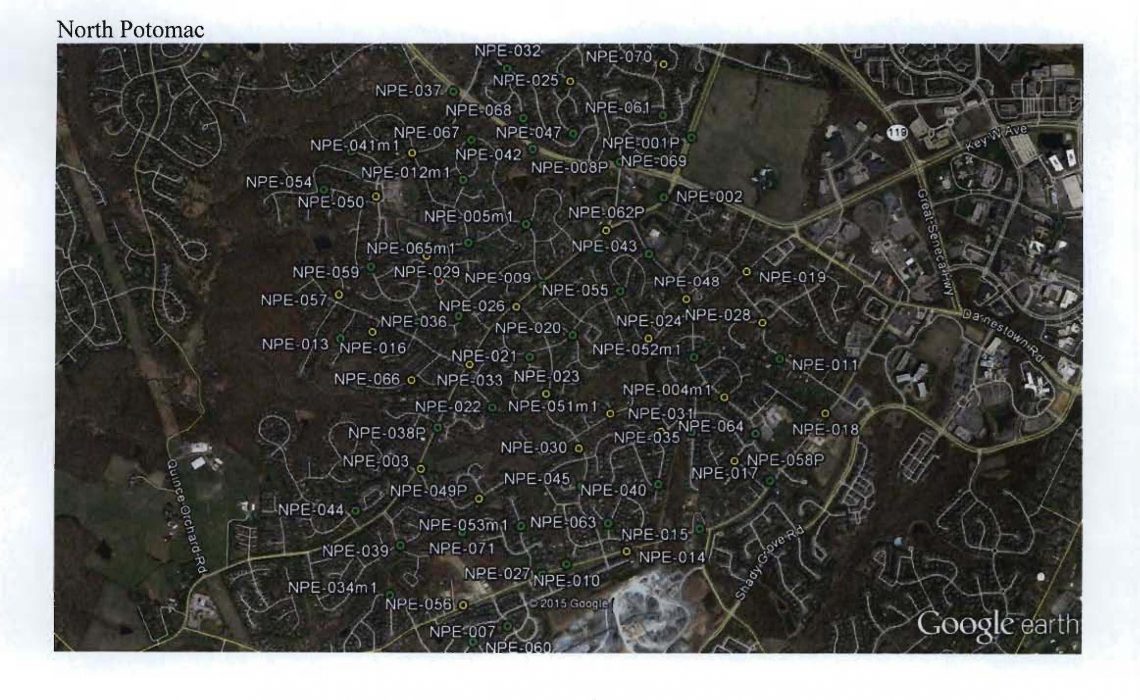Update from the Montgomery County Coalition to Control Cell Towers (MC4T) dated February 5, 2017:
A handful of national associations has banded together to file a motion with the Federal Communications Commission (FCC) that sought – and was granted – an extension of time to submit responses to the FCC’s December 22, 2016, request for comments on streamlining cell tower deployment around the country (the new deadline is March 8, 2017). One of the named associations behind that motion was the National Association of Counties (NACo). NACo brings together over 3,000 counties nationwide to collectively advocate on federal policies, and Montgomery County, Maryland, is a leading NACo member. As proof of that leadership, NACo nominated Montgomery County Council Vice President Hans Riemer to serve as one of only two county officials nationally on the FCC Intergovernmental Advisory Committee, and the FCC accepted and implemented that nomination. NACo is a critical vehicle through which Montgomery County may have its voice heard on federal issues.
NACo already has a general policy opposing efforts by state and federal authorities to preempt local zoning authority. However, the FCC now has a new Director, Ajit Pai, who presumably intends to do what he can to pull back even further on local government rights in order to effectuate and streamline cell tower deployment. Council President Roger Berliner wishes to retain as much local authority over that deployment as the County can, and he has sought County Executive Ike Leggett’s assistance in that endeavor. Now, with County Executive Ike Leggett and Council President Roger Berliner as co-sponsors, Council Vice President Hans Riemer is about to propose a new resolution to NACo. This resolution will make it clear that NACo will oppose any efforts by the FCC to reduce or preempt local zoning authority over the deployment of small cell towers. Council Vice President Riemer believes that a strong local response on small cell regulation is particularly relevant given the aforementioned change in leadership at the FCC and its agenda in the coming year.
This past week, Council Vice President Riemer graciously invited a few of us to listen in on a conference call that provided further insight into how the new cell towers work and how cities can partner with the telecommunications providers to ensure public safety and aesthetics are considered when they are deployed. Representatives from the cities of Boston, Massachusetts, and Lincoln, Nebraska, moderated the call, and a representative from Crown Castle was also on hand to answer questions. The call provided us with additional theories and ideas on how to approach the cell tower deployment and any potential agreements with the providers. As a result of that call, the Montgomery County Council will now review and contemplate the agreements that the cities of Boston and Lincoln have in place with Crown Castle, Verizon, and other industry players.
Whether it be the MC4T’s efforts and momentum, the appointment of the new FCC Director, the threat of losing local power, potential lost revenues, their own political fate, or a combination of these factors, Montgomery County’s leaders are actively engaged in the cell tower matter right now, and their actions appear to be more aligned with the general interests of our community than ever. As such, we should continue to lend our support and our voices to ensure that we are in fact protected in this process as much as we can be.
As always, thank you for your ongoing interest and support of the MC4T and its mission. It is as critical as ever!



